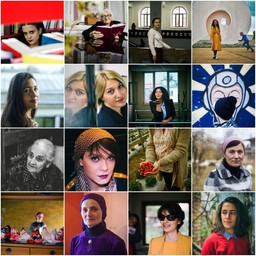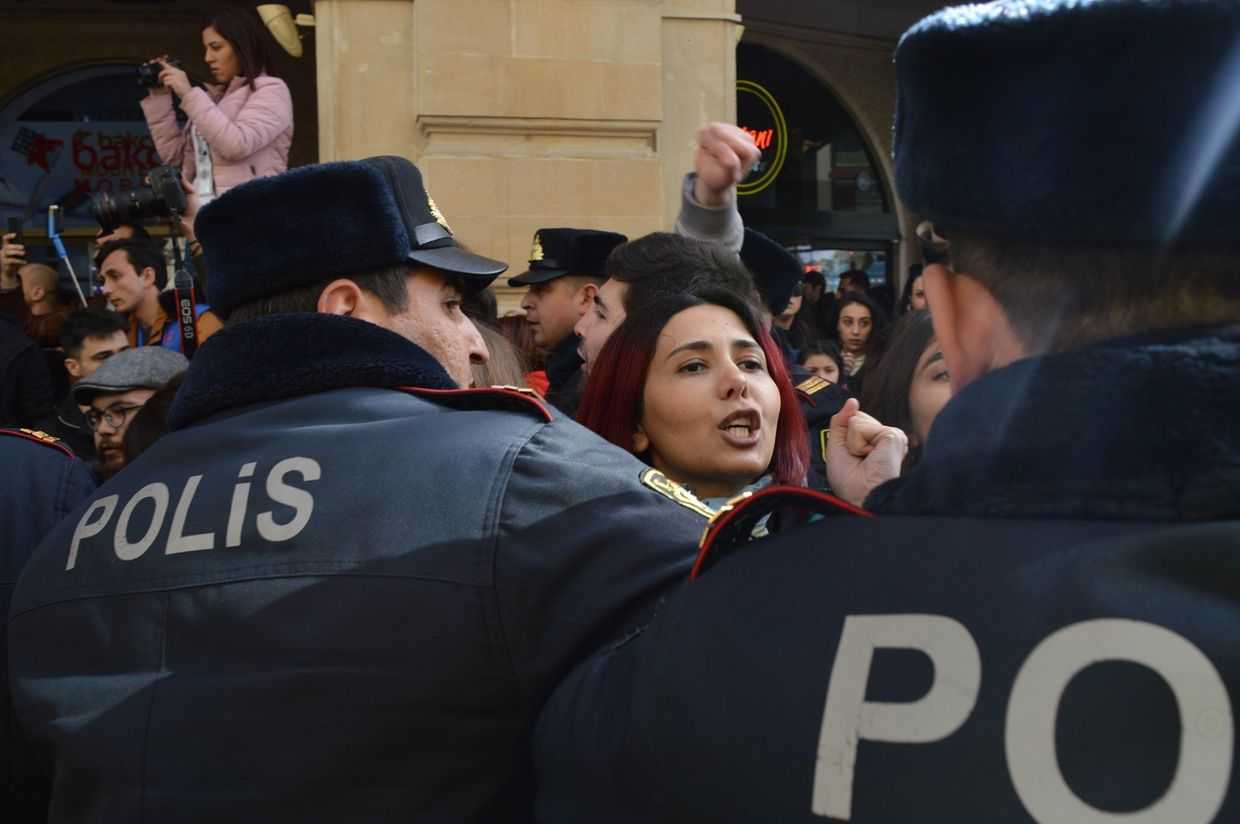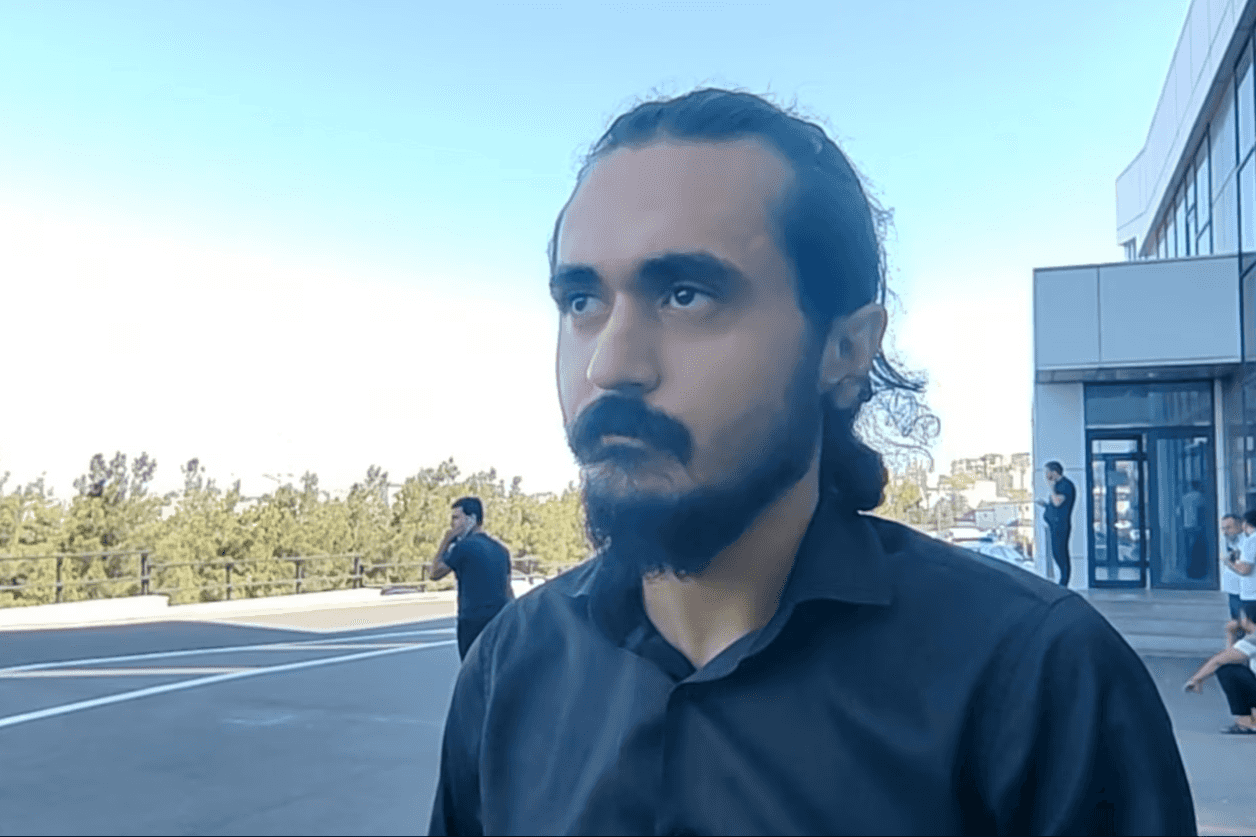![[Voice from Cyprus] Women of Georgia — Maia Skhirtladze, 43](/_next/image/?url=https%3A%2F%2Foc-media.org%2Fcontent%2Fimages%2Fwordpress%2F2019%2F12%2Fwomen-ofgeo-1.jpg&w=3840&q=90)
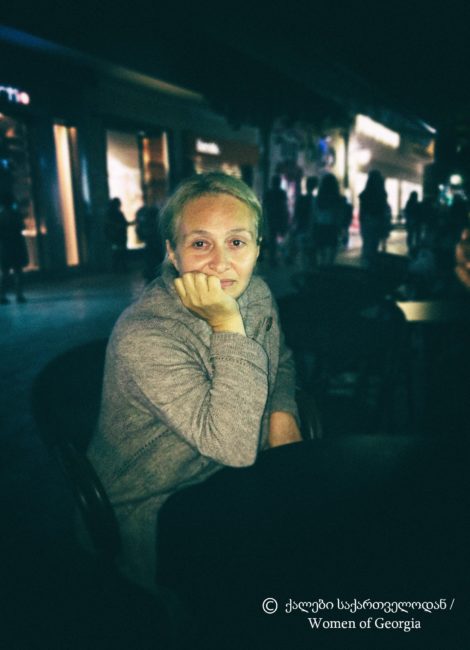
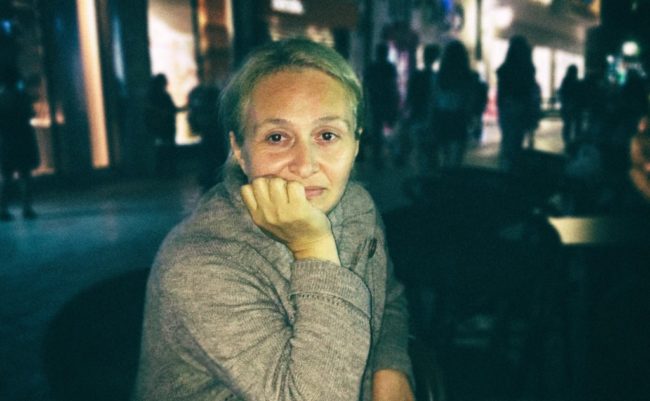 ‘I was planning to go abroad to work for some time, but something always held me back. I didn’t want to leave my children and I always hoped I’d find a job in Georgia that would make me more financially stable. However, extreme hardship forced me in the end to go to Cyprus as a labour migrant.’
‘I was planning to go abroad to work for some time, but something always held me back. I didn’t want to leave my children and I always hoped I’d find a job in Georgia that would make me more financially stable. However, extreme hardship forced me in the end to go to Cyprus as a labour migrant.’
‘I took a loan for the travel and arrived here two years ago. My sister-in-law has been living here for the last eight years and I went to her flat in the beginning; I didn’t have a problem with shelter. Then I found a job’.
‘I haven’t seen the sea yet’
‘My first job was to clean the flat of a Cypriot family; it was a one-time assignment. I knew if they liked the work I did they would recommend me to others, and this is what happened’.
‘I regularly visit several families now; from Monday to Saturday, every day is busy for me. I clean two houses a day working 9–11 hours. This is quite hard work, because I do it almost without break. The families are too demanding, and fearing for my job I do crippling physical work and am tense all the time.’
‘One of the most difficult obstacles for me was the language barrier. Now I have managed to study some words and phrases, but my knowledge of the language is only really related to housework. No one talks to me in the families I work in.’
‘I used to earn €4 ($4.70) an hour at first. This was the minimum wage I could be given, but I had to send money to my family in Georgia so I agreed to it. Now I’m paid €5–6 ($5.90–$7.10) per hour, depending on the family and the difficulty of the work. My monthly income is €1,150 and I send all of it to Georgia except for what I spend on rent, transport, and food. Of course, I can’t buy many things for myself. I’ve been in in Cyprus for two years and you might not believe it, but I haven’t seen the sea yet. I prefer to give up my own interests and pleasures but have my children and grandchildren happy.’
‘The only happiness I have after a long workday is a Skype call with my children. This is my holiday. I try to spend my free hours at home to restore my energy for the next day and be strong. This is how I’ve spent the last two years.’
‘We stand side-by-side’
‘You will never understand how hard it was for me emotionally. We women can bear being tired and bear physical labour, but the emotional battle is very difficult to fight. I never experienced anything like this before, but now I know the pain to the soul of missing children, when you feel like a foreigner in a foreign country, feeling spiritual loneliness and helplessness. A day will not pass without me crying.’
‘Here I meet women who owe money to people or banks. Some people owe 20,000 or 30,000. They take these loans for the welfare of their families, hoping that economic conditions in Georgia would improve for them. When you don’t have any other choice in your homeland then you are forced to leave. These women work and pay interest and take care of their families from here. Some people plan to come here for 2–3 years and stay for 9–10 years without going back. We, the women, cannot help each other financially, but we cheer each other up, we stand side-by-side and it means a lot.’
‘I prefer to take the responsibility on myself’
‘My goal is to save some money, improve living conditions at home, and probably go back in two years. Then I hope I will find a proper job, to have enough income for myself and be happy with my grandchildren. I don’t feel ashamed of working for other families. I can do a job of any difficulty.’
‘I have left two married daughters and a husband in Georgia. None of them work. My husband sometimes does painting jobs, but it’s not stable. He tells me often that he will come to Cyprus with me, but I doubt he could work in the same conditions. I would have to bear the burden and it would just be a double expense for me.’
‘Maybe it seems that we women justify men, cover up for them, but I can bring one simple example: he left to Sweden once to find a job, but came back in two months because he couldn’t find anything and also didn’t want to violate the visa rules. I paid for his trip and it was just a waste of money, I had worked for nothing. This is why I prefer to take the responsibility on myself, to rely only on myself and not to make similar mistakes.’
‘We are lost between the two countries’
‘Society lied to us women, about our obligation to sacrifice ourselves for our children and families. This is not right, but it has become part of our nature and we can’t do things any other way. I think at such times you should hope for your country to help you to somehow carry this burden, support you at least in getting employment, or sharing experience and advising how you can correctly invest money earned here.’
‘The hardest thing to realise is that the state doesn’t support you either in your homeland or here.’
‘I’ve never thought about what a woman who lives here illegally could do if she were subjected to violence. We don’t have any information about it. Even getting medical treatment is difficult and expensive. If it’s not a big problem, we just rely on home remedies and self-treatment.’
‘I’ve lived in Nicosia for two years now. The Georgian consular office is here nearby, but I’ve never heard them organising any meetings to listen to our problems and troubles. We don’t feel like citizens of Georgia at all.’
‘We are lost between the two countries and no one, expect for our families, knows that we exist.’
This article is a partner post written by Maiko Chitaia. The original version first appeared on Women of Georgia, on 9 October 2017. Special thanks to Ida Bakhturidze and Salome Sagaradze for assistance.


